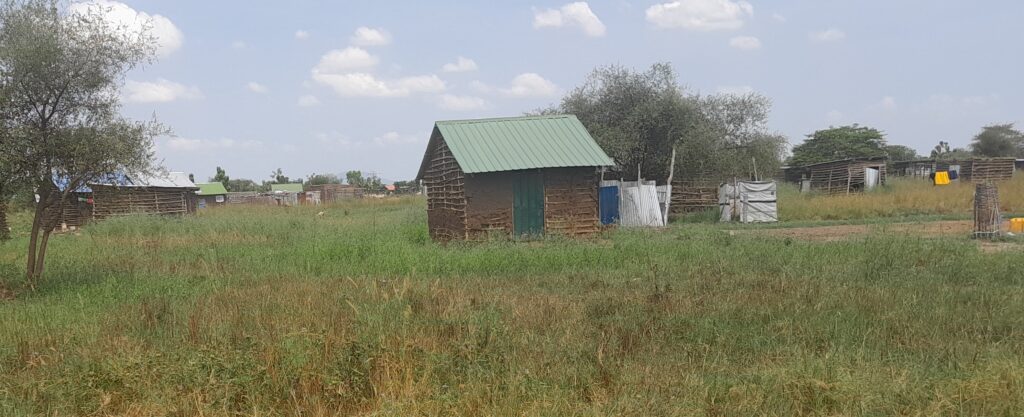Residents of Kapuri North in Luri Payam, Juba County, have appealed to the Central Equatoria State authorities to demarcate their area to improve access to essential services including clean water, schools, and healthcare.
Community leaders say the lack of clear administrative boundaries has left Kapuri North excluded from most development and humanitarian programs targeting the outskirts of Juba.
John Malou, the area chief, told Radio Tamazuj on Wednesday that residents have long been neglected by both the government and aid organizations.
“Our appeal to the government is to organize this area because all the tribes of South Sudan live here,” Malou said. “The first settlers were the Mundari, Moru, and Lango, but now almost all tribes are represented. We only need proper demarcation so development can reach us.”
He said most residents had moved to Kapuri North because they could not afford to live in central Juba and wanted land to farm and raise their families.
“Some people came here simply to find a place to settle away from the stress and high costs in town,” he added.
Samuel Rumbe, another resident, called on authorities to open access roads and extend basic infrastructure to the area.
“Since we settled here, no government institution or organization has ever visited us,” Rumbe said. “People here are really suffering. We need roads and support from organizations.”
Women’s representative Lona Banye said Kapuri North now hosts about 2,000 households and urged humanitarian agencies to prioritize support for women and children.
“We have lived here for many years, and the area is growing,” Banye said. “We are appealing to organizations to come and help us, especially women who are struggling to support their families.”
Residents said they hope that formal demarcation of Kapuri North would allow development partners and government agencies to include the community in future programs.
Officials from the Central Equatoria State Ministry of Housing could not immediately be reached for comment.




